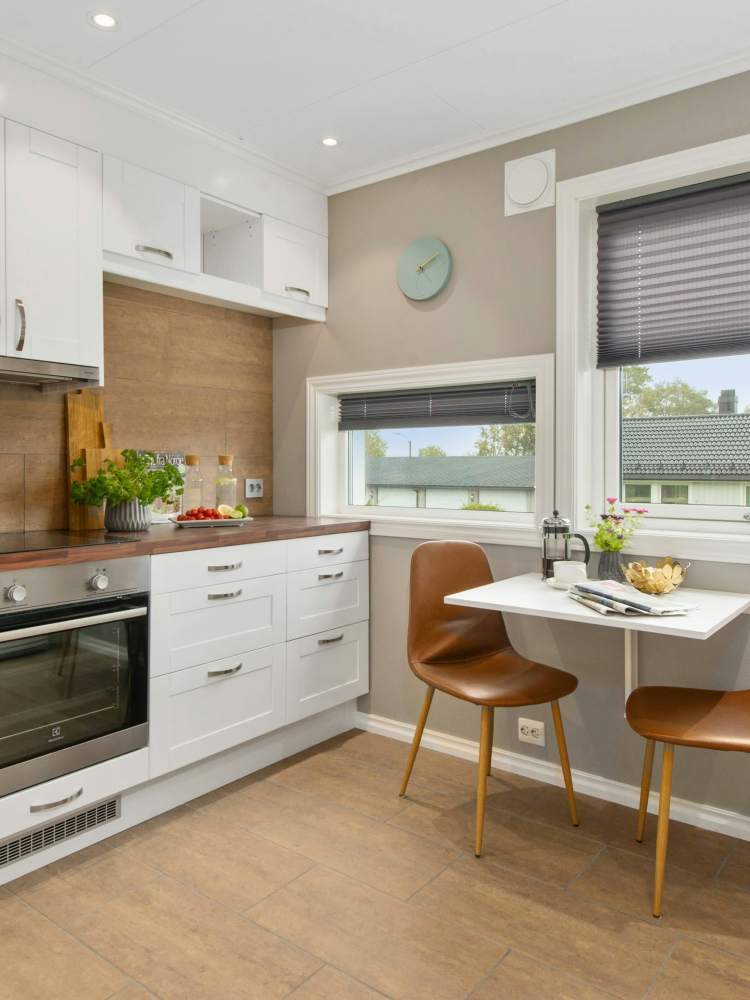- 1 unit available
- 4 bed
- Amenities
Pet friendly, Pool, Playground, Clubhouse, Microwave, and Garbage disposal
Pet friendly, Pool, Playground, Clubhouse, Microwave, and Garbage disposal
In unit laundry, Patio / balcony, Granite counters, Dishwasher, Pet friendly, Garage + more
In unit laundry, Patio / balcony, Granite counters, Dishwasher, Pet friendly, New construction + more
Patio / balcony, Dishwasher, Pet friendly, Air conditioning, Ceiling fan, and Online portal

W/D hookup, Dishwasher, Pet friendly, Dog park, Air conditioning, Ceiling fan + more
In unit laundry, Patio / balcony, Granite counters, Hardwood floors, Dishwasher, Pet friendly + more
On-site laundry, Pet friendly, Parking, Playground, Clubhouse, Online portal + more
In unit laundry, Dishwasher, Pet friendly, Parking, Concierge, and Microwave
In unit laundry, Patio / balcony, Dishwasher, Pet friendly, Garage, Walk in closets + more
Granite counters, Dishwasher, Pet friendly, Recently renovated, Stainless steel, and Range

In unit laundry, Pet friendly, Garage, and Extra storage
Patio / balcony, Granite counters, Dogs allowed, Garage, Recently renovated, and Stainless steel
Air conditioning and Lobby
Searching for an apartment for rent in Moncks Corner, SC? Look no further! Apartment List will help you find a perfect apartment near you. There are 14 available rental units listed on Apartment List in Moncks Corner. Click on listings to see photos, floorplans, amenities, prices and availability, and much more!
The average rent in Moncks Corner is Ask for a studio, $1,573 for a one-bedroom apartment, and $1,776 for a two-bedroom apartment. If you are looking for a deal, keep an eye out for a red pulsing icon that indicates rent specials.
Tired of browsing? Take our personalized quiz. You’ll answer a couple of simple questions and we’ll put together a list of Moncks Corner apartments that are best for you. We’ll also factor in your commute, budget, and preferred amenities. Looking for a pet-friendly rental, or an apartment with in-unit washer and dryer? No problem, we’ll provide you with apartments that match that criteria.
You can trust Apartment List to help you find your next Moncks Corner, SC apartment rental! After all, everyone deserves a home they love.
While most people might assume that the town was named after the monastery located in town (with a slight spelling change), Moncks Corner was in fact named after landowner Thomas Monck in 1728, hundreds of years before Mepkin Abbey opened its doors.
Quaint is the perfect word to describe this small South Carolina town located close enough to the coast and Charleston to enjoy their amenities, but far enough away to have its own culture and history
View Moncks Corner City GuideWhile most people might assume that the town was named after the monastery located in town (with a slight spelling change), Moncks Corner was in fact named after landowner Thomas Monck in 1728, hundreds of years before Mepkin Abbey opened its doors.
Quaint is the perfect word to describe this small South Carolina town located close enough to the coast and Charleston to enjoy their amenities, but far enough away to have its own culture and history
